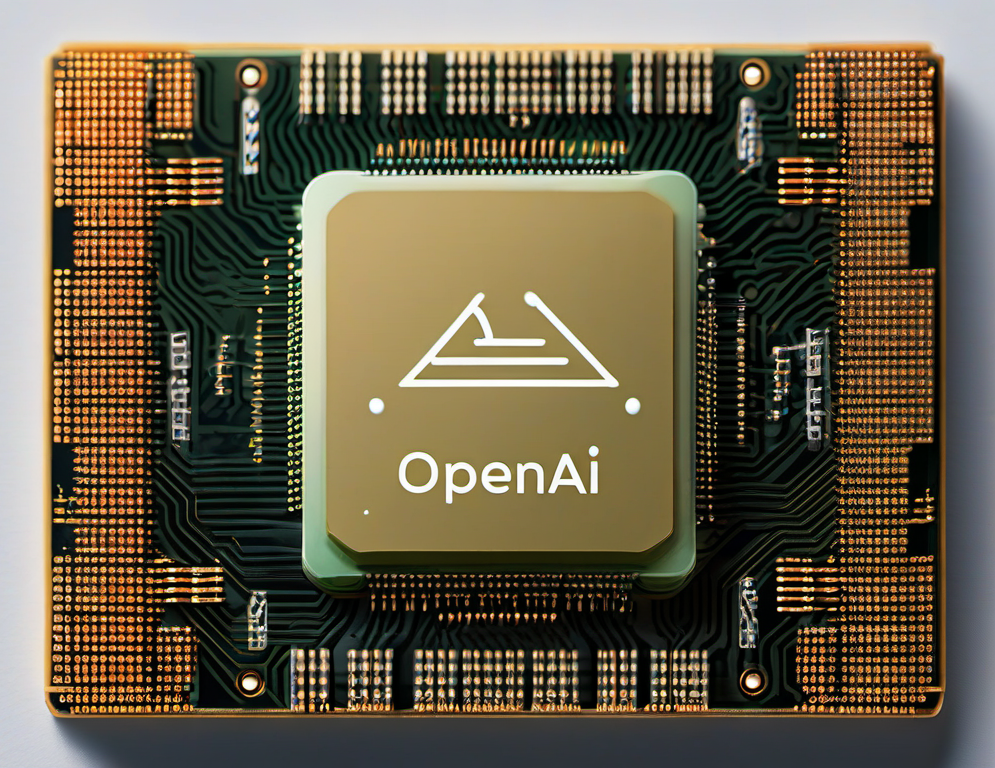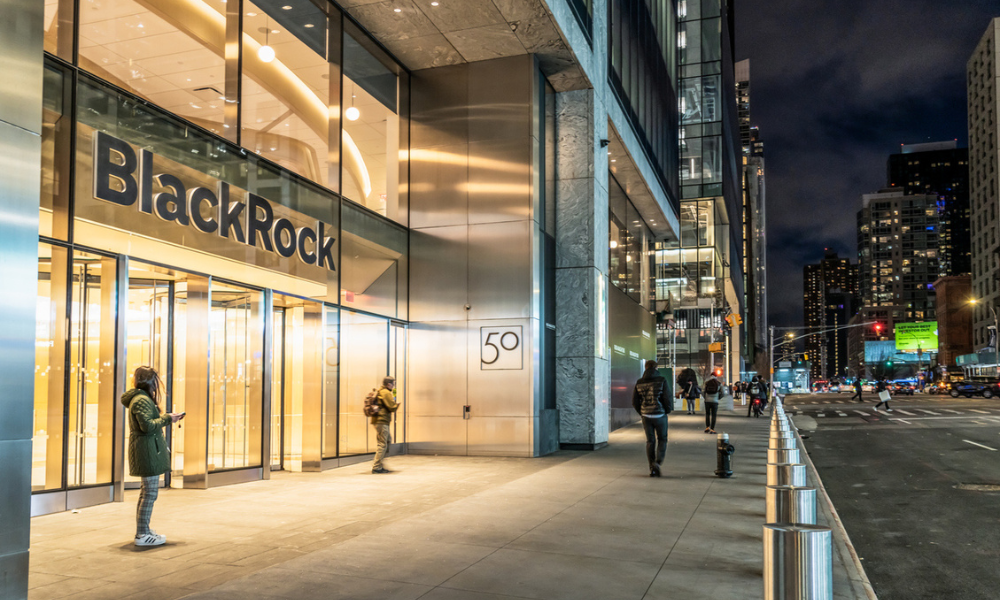Elon Musk files a revised lawsuit against OpenAI and Microsoft, alleging monopolistic practices and anti-competitive AI collaboration.
On November 14, billionaire businessman Elon Musk filed a revised complaint, escalating his conflict with Microsoft and OpenAI.
The lawsuit charges the digital behemoths with engaging in monopolistic behavior in the field of generative artificial intelligence.
Plaintiffs contesting the purported anticompetitive cooperation include Shivon Zilis, a former board member of OpenAI and executive at Neuralink, and Musk’s business, xAI.
Elon Musk Updates Lawsuit Against Microsoft & OpenAI
Elon Musk filed an updated lawsuit on November 14 alleging that Microsoft and OpenAI had merged “de facto,” using their combined power to suppress competition in the AI sector.
According to the complaint, the corporations allegedly paid excessive salaries to recruit AI expertise, spending $1.5 billion on a 1,500-person workforce.
Remarkably, some OpenAI engineers reportedly make up to $800,000 a year, which includes stock options and bonuses.
Additionally, the lawsuit claims that during a recent $6.6 billion financing round, OpenAI deterred investors from investing in other AI businesses.
According to earlier reports, this clause was intended to prevent rivals—including Musk’s xAI—from obtaining important financing.
SoftBank, which invested $500 million in OpenAI’s fundraising round, has asserted that it is free to support other AI initiatives despite these allegations.
In the meantime, Musk’s attorneys contend that the collaboration between Microsoft and OpenAI, which has close to 70% of the generative AI industry, creates a monopolistic environment.
According to the complaint, Microsoft has become so ingrained in OpenAI’s operations that it has made it difficult to distinguish between the two companies.
Growing Competition With OpenAI
A number of disagreements between Elon Musk and OpenAI are the basis for the updated complaint.
Musk accused the AI company and its founders, Sam Altman and Greg Brockman, of straying from their charity goals in an original lawsuit he filed in March.
In August, Musk rekindled the legal battle after subsequently withdrawing the case without explaining.
The latest complaint also draws attention to OpenAI’s transition to a for-profit business model, which Musk says violates the company’s initial goal of using AI to improve humankind.
Musk, a co-founder of OpenAI in 2015, has said he was duped into endorsing the company, which now puts profit before moral advancement.
This revelation is noteworthy because it comes as OpenAI, led by Sam Altman, is getting ready to release Operator, a new artificial intelligence platform.
In addition, the AI company just raised $6.6 billion in investment, raising its worth to $157 billion.



